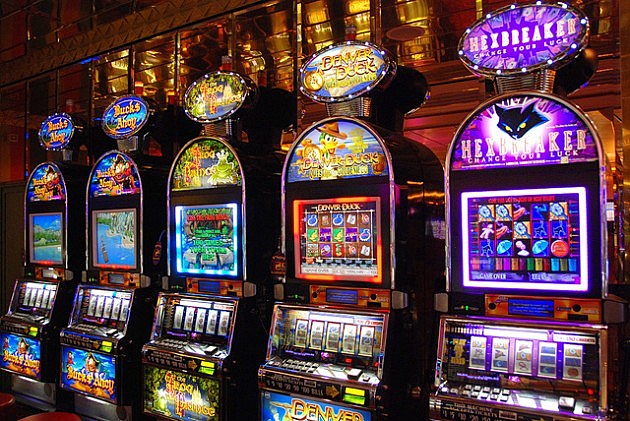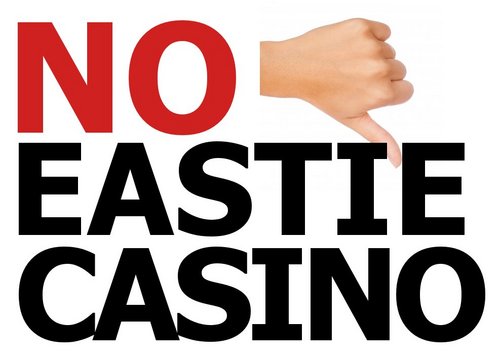In the shadow of Revel ----
New Jersey legalizes online gambling
I am pleased to say that today I signed New Jersey’s Internet Gaming Bill, opening the way for new opportunity to bolster our efforts to continue the revival of Atlantic City, its casinos and entertainment offerings. This was a critical decision, and one that I did not make lightly. But with the proper regulatory framework and safeguards that I insisted on including in the bill, I am confident that we are offering a responsible yet exciting option that will make Atlantic City more competitive while also bringing financial benefits to New Jersey as a whole. I want to thank the sponsors for working quickly to include my recommendations to improve the bill.http://www.theverge.com/2013/2/26/4033534/governor-christie-signs-bill-legalizing-online-gambling-in-new-jersey
Gov. Christie signs internet gambling into law

(Gallery by Janelle Griffith/The Star-Ledger)
Wait and see how overzealous these projections are!
The state Treasury said today it expected the new law — combined with the recovery from Hurricane Sandy and additional advertising — to sharply increase casino revenue from $235 million in the current fiscal year to nearly $436 million in fiscal 2014.
Last month, securities analysts with Wells Fargo were even more optimistic, saying that online wagering could generate from $650 million to $850 million in the "near term."
http://www.nj.com/politics/index.ssf/2013/02/gov_christie_signs_internet_ga.html
http://www.nj.com/politics/index.ssf/2013/02/gov_christie_signs_internet_ga.html


























